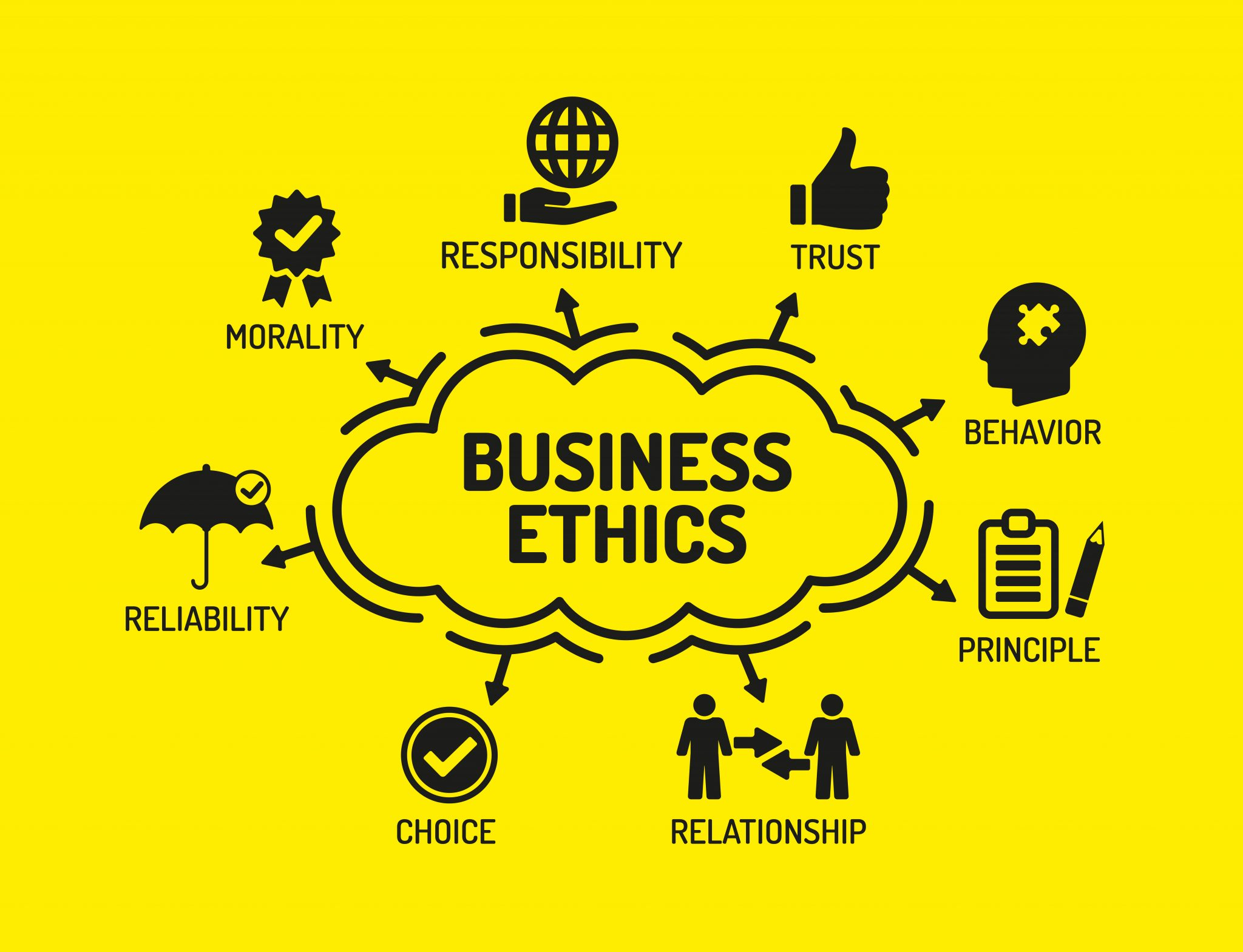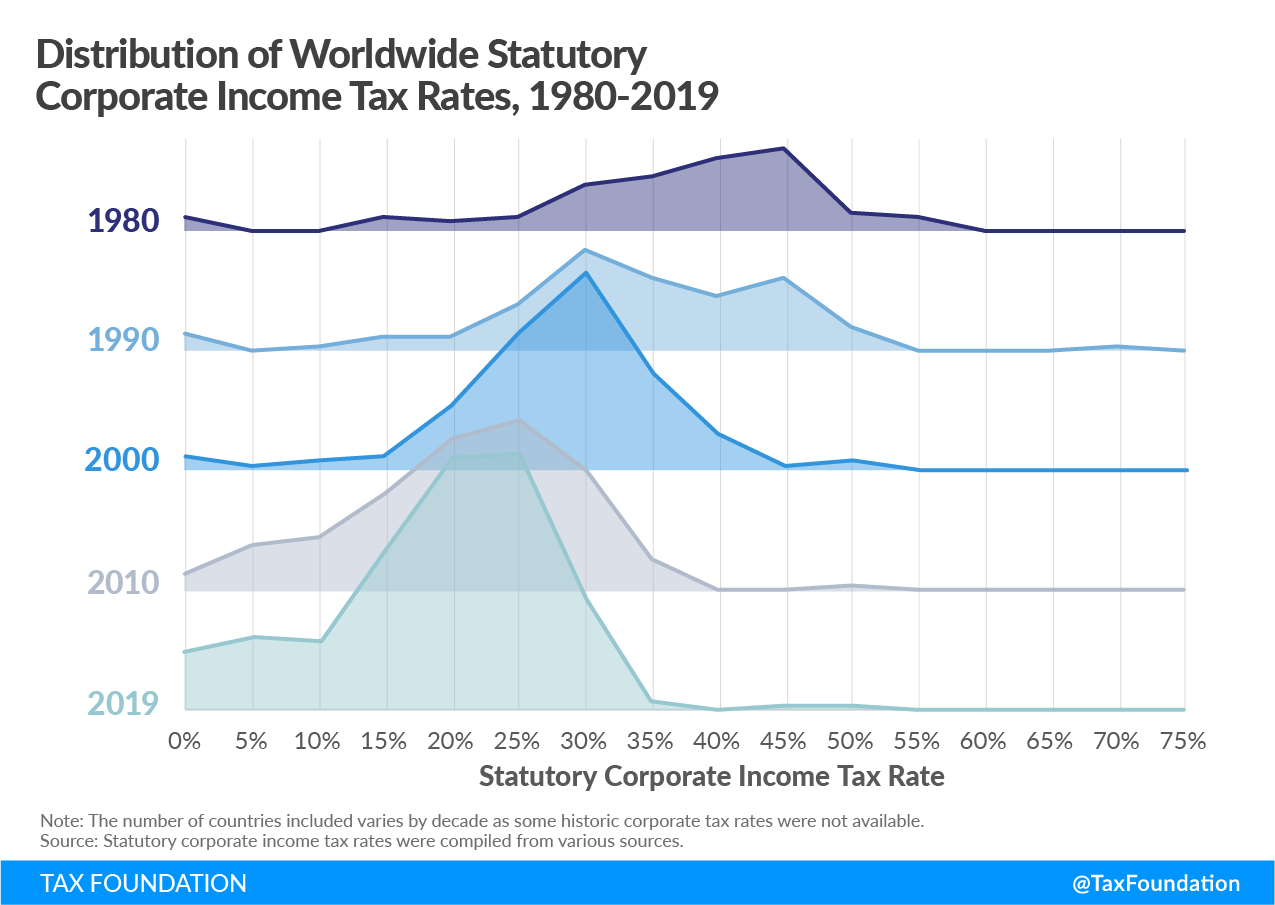Entrepreneurialism has become a defining trait of modern American work culture, where countless individuals chase their dreams through self-employment and freelance work. In an era where traditional job security is waning, more people are embracing the concept of “Make Your Own Job,” fostering an entrepreneurial mindset that encourages creativity and resilience. From gig economy workers to aspiring business owners, this shift highlights a profound transformation in how Americans perceive their careers and identities. Erik Baker’s insightful exploration of this phenomenon underscores the complexities of navigating entrepreneurialism in a fast-paced economy. As individuals redefine their roles, the allure of independence comes with the weight of ongoing uncertainty.
The rise of entrepreneurial spirit signifies a cultural shift towards self-directed careers and personal ambition, redefining how work is approached in contemporary society. With terms like freelance work, solopreneurship, and self-employment gaining traction, more individuals are carving out unique paths that resonate with the concept of creating your own job. This transformation reflects a broader trend where an entrepreneurial mindset is not just limited to business founders but is adopted by everyday people seeking fulfillment in their professional lives. Exploring these dynamics reveals how American values have shifted, emphasizing innovation and personal agency in the face of changing economic landscapes. As such, this emerging ethos empowers individuals to take risks and embrace opportunities in an ever-evolving workforce.
The Rise of American Entrepreneurialism
In the late 19th century, America witnessed a significant shift towards entrepreneurialism, marking a departure from traditional employment roles rooted in industrial jobs. The rise of technologies that automated labor led to structural unemployment, prompting a societal rethinking of job creation. This period saw a surge in the entrepreneurial spirit, as individuals began to embrace self-employment and the idea of ‘making one’s own job.’ The historical landscape was reshaped drastically, paralleling technological advancements in manufacturing, which resulted in many former factory workers seeking new avenues for employment.
Entrepreneurialism became not just a means of survival but also a badge of honor, reflecting personal ingenuity and ambition. The notion of ‘American entrepreneurialism’ evolved, with citizens encouraged to harness their unique skills to create their paths. This cultural shift paved the way for a diverse range of entrepreneurial identities, from freelancers to solopreneurs, showcasing an ambition that spoke to both economic necessity and individual fulfillment.
Cultivating an Entrepreneurial Mindset
To thrive in today’s economy, cultivating an entrepreneurial mindset is essential. This mindset encourages individuals to not only seek opportunities for self-employment but also to embrace adaptability and innovation. As Erik Baker illuminates in ‘Make Your Own Job,’ the evolution of this mentality can be traced throughout history, shaping how we perceive work. Becoming adept at identifying and solving problems is a key characteristic of successful entrepreneurs, allowing them to navigate the challenges that come with freelance work and self-employment.
Moreover, possessing an entrepreneurial mindset fosters resilience in the face of economic uncertainty. In a world where traditional jobs are often fleeting, thinking like an entrepreneur enables individuals to pivot and innovate in their roles, whether as employees or business owners. Emphasizing creativity, proactive problem-solving, and a willingness to take calculated risks empowers people to transform challenges into opportunities. This foundational shift not only enhances an individual’s career prospects but also contributes to a more dynamic economy.
The Impact of Freelance Work on Modern Employment
Freelance work has become increasingly popular in recent years, offering people flexibility and the chance to monetize their skills without traditional employment constraints. This shift is a testament to the evolving work landscape, where individuals prioritize autonomy and personal brand over job security. Baker discusses how freelancers are essentially embodying the entrepreneurial spirit, as they must continuously market their services and cultivate client relationships, which are key aspects of entrepreneurialism.
However, the freelance workforce also presents challenges, notably the lack of job stability and benefits typically associated with traditional employment. As more people turn to freelance work, the necessity for self-discipline and an entrepreneurial mindset becomes palpable. Individuals must navigate the complexities of self-employment, from managing finances to developing a personal brand, reinforcing the idea that in today’s economy, everyone is potentially an entrepreneur.
Self-Employment as a Vehicle for Personal Growth
Self-employment has emerged as a powerful avenue for personal growth and self-discovery. As described in Baker’s narratives, individuals who take the plunge into entrepreneurship often find their work to be an extension of their identities, allowing them to express their values and creativity fully. This is particularly evident in the growing gig economy, where personal branding and unique skills drive success, enabling people to tailor their careers to their passions.
Moreover, self-employment offers the chance to redefine goals and measure success beyond conventional metrics. The focus shifts from job titles to personal fulfillment, allowing individuals to pursue work that resonates with them. In a dynamic economic environment where traditional jobs may not guarantee satisfaction or security, the allure of self-employment as a means of finding one’s purpose harmonizes with the broader narrative of American entrepreneurialism, illustrating how work can become a platform for individual empowerment.
The Evolution of Work Ethic in America
The traditional American work ethic, characterized by diligence and loyalty, has transformed into a more nuanced understanding of success in the wake of entrepreneurialism. Erik Baker’s exploration highlights how societal values have shifted, emphasizing personal agency over mere industriousness. In his analysis, he points out the transition from viewing work as a drudgery to embracing it as an opportunity for self-expression and fulfillment.
As individuals increasingly aim to turn their passions into profit, the modern work ethic prioritizes innovation, risk-taking, and personal responsibility. This evolution reflects a broader cultural embrace of self-employment as a viable and respected path, empowering people to create their job satisfaction rather than relying solely on established corporate structures. The recognition that hard work must be complemented by creativity and ambition reflects the changing face of work in American society.
The Role of Technology in Empowering Entrepreneurs
Technology has played a pivotal role in empowering American entrepreneurs, shedding light on new opportunities that were once unimaginable. The advent of the internet and mobile platforms has leveled the playing field, allowing individuals to launch their ventures from virtually anywhere. Baker’s research underscores the significance of these innovations in reshaping the entrepreneurial landscape, enabling freelancers and self-employed individuals to reach customers globally.
Additionally, technological tools have equipped aspiring entrepreneurs with resources to streamline operations, market their services effectively, and connect with like-minded individuals. Social media platforms, in particular, serve as powerful marketing tools that can exponentially increase visibility and customer engagement. This empowerment through technology not only boosts individual entrepreneurial endeavors but also drives economic growth by fostering a culture of innovation and accessibility in the workforce.
Freelancing and the Gig Economy: Trends and Predictions
The gig economy has surged in popularity, challenging traditional employment models and redefining what it means to work. This trend is fueled by a growing number of individuals who prefer the flexibility of freelance work over the constraints of traditional employment. Baker’s exploration of freelance work and entrepreneurialism sheds light on how this shift is reshaping not only individual careers but also the economy at large.
As more businesses adopt freelance models, the demand for skilled workers who can adapt to various roles and projects continues to rise. Predictions suggest that the gig economy will only expand, as both companies and workers seek more flexible arrangements. Understanding this evolution is essential for aspiring entrepreneurs, as they need to position themselves strategically in a dynamic marketplace that values creativity and adaptability over job permanence.
Navigating the Challenges of Self-Employment
While self-employment offers numerous rewards, it also comes with inherent challenges that entrepreneurs must navigate. Baker emphasizes the stress and anxiety stemming from the uncertainties of freelance work, particularly the constant hustle for new clients. Unlike traditional jobs with structured hours and predictable salaries, self-employed individuals often find themselves in a relentless pursuit of income, which can lead to burnout and overwhelm.
Moreover, the need for self-discipline and effective time management is critical for those who choose this path. Balancing the demands of running a business with personal life can be daunting, especially for those just starting their entrepreneurial journeys. Developing coping strategies and support systems is essential for maintaining mental health and achieving long-term success in self-employment.
The Cultural Shift Towards Individualistic Work Practices
The shift towards more individualistic work practices reflects broader societal changes where personal expression and autonomy are valued highly. Baker highlights how this cultural transformation has impacted traditional notions of job security and loyalty. As individuals embrace entrepreneurialism, there is a growing understanding that career fulfillment often stems from creating one’s path rather than adhering to conventional roles within corporate environments.
This cultural shift also emphasizes personal branding and self-marketing as critical components of professional success. As more professionals adopt the mindset of entrepreneurs, they must prioritize their narratives and skills in a competitive marketplace. The transition towards individualistic work practices has not only reshaped personal careers but has also influenced how businesses approach talent management and employee engagement.
Frequently Asked Questions
What is entrepreneurialism and how does it affect self-employment?
Entrepreneurialism refers to the mindset and practices associated with starting and managing businesses or projects. This approach significantly impacts self-employment by encouraging individuals to leverage their unique skills and creativity to create job opportunities for themselves. With the rise of freelance work and the ‘Make Your Own Job’ philosophy, more people are embracing entrepreneurialism as a viable path toward career fulfillment.
How does the American entrepreneurialism movement promote freelance work?
The American entrepreneurialism movement promotes freelance work by fostering a culture that values individual initiative and innovation. Influenced by trends over the last century, such as those discussed in Erik Baker’s ‘Make Your Own Job,’ entrepreneurialism encourages individuals to carve out their paths, offering flexible work arrangements that allow personal skills to shine while meeting market demands.
What does it mean to have an entrepreneurial mindset in today’s economy?
Having an entrepreneurial mindset in today’s economy means being adaptable, proactive, and willing to take risks. This perspective is increasingly essential as traditional employment avenues shift. It empowers individuals to recognize opportunities for self-employment or freelance work, allowing one to be innovative in their career development and navigate the complexities of contemporary job markets.
How did historical shifts impact the growth of American entrepreneurialism?
Historical shifts, such as the decline of traditional manufacturing jobs in the early 20th century, catalyzed the growth of American entrepreneurialism. As discussed in Erik Baker’s work, changing economic conditions prompted individuals to focus on self-employment and ‘Make Your Own Job’ initiatives, leading to the acceptance of new roles like freelancers and solopreneurs across various industries.
What role do self-help books play in shaping entrepreneurialism?
Self-help books have played a crucial role in shaping entrepreneurialism by providing guidance and inspiration to individuals seeking to embark on self-employment ventures. Titles like Napoleon Hill’s ‘Think and Grow Rich’ advocate for the transformative power of personal initiative and creativity, reinforcing the belief that anyone can achieve success through entrepreneurial efforts.
Why is an entrepreneurial mindset critical in the current job market?
An entrepreneurial mindset is critical in the current job market because it fosters resilience and adaptability in the face of rapid change. As technology evolves, job security may diminish, making freelance work and self-employment attractive options. This mindset empowers individuals to seize opportunities, innovate, and continuously learn, ensuring their skills remain relevant.
What challenges do entrepreneurs face when trying to establish their own businesses?
Entrepreneurs often face numerous challenges, including market competition, securing funding, and maintaining a work-life balance. As highlighted in discussions around American entrepreneurialism, the pressure to constantly innovate while managing everyday responsibilities can lead to stress and anxiety, making it essential for entrepreneurs to develop coping strategies and support networks.
In what ways can individuals embody entrepreneurialism without starting a business?
Individuals can embody entrepreneurialism without starting a business by adopting an ‘intrapreneurial’ mindset within existing organizations, taking initiative, and proposing innovative solutions. By embracing creativity and leadership in their roles, employees can contribute to their teams’ success and foster an entrepreneurial spirit, which is increasingly valued in today’s economy.
| Key Point | Explanation |
|---|---|
| Rise of Entrepreneurialism | Baker traces the roots of American entrepreneurialism to the late 19th century, as industrialization led to employment shifts and technological unemployment. |
| Cultural Shift | The emphasis shifted from an industrious work ethic to entrepreneurialism, promoting personal skills and ambitions over hard work. |
| Expanding Definition | By the early 20th century, entrepreneurial management focused on inspiring workers, changing traditional management styles. |
| Odd Jobs During Economic Downturns | Historical context shows that during tough economic times, freelance and odd jobs became more respected, leading to self-employment. |
| Self-Help Literature Influence | Books and authors like Napoleon Hill shifted national sentiments towards making work a personal calling. |
| Mid-Century Perspectives | The definition of entrepreneurship broadened to include many roles, making it applicable to a wide range of individuals. |
| Continued Popularity | Today, entrepreneurialism thrives amidst job insecurities, fostering a culture of risk and self-reliance. |
Summary
Entrepreneurialism has become a defining characteristic of the modern workforce, influencing not only the way we work but also how we perceive ourselves in the labor market. As Erik Baker’s insights reveal, the historical evolution of entrepreneurialism showcases a gradual transition from stable employment to a culture that embraces risk and self-directed career pathways. This shift has made many individuals consider themselves as entrepreneurs, regardless of their job status, igniting a continuous pursuit of personal ambition in the face of economic uncertainty.



